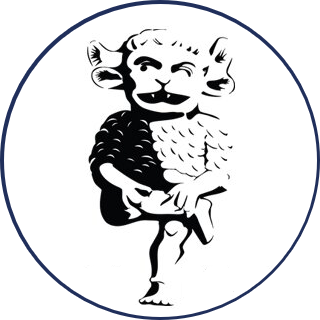
The Lesbian, Gay, Bisexual, & Transsexual (LGBT) society of the University of Lincoln demonstrated for gay and bisexual men’s right to donate blood at a blood drive at the Engine Shed, last Wednesday, November 4th.
Hundreds of students signed a petition, and many donated blood on behalf of those currently banned from doing so under the European Blood Safety Directive, which sets sexually-active gay and bisexual men as a “high-risk” group.
Some students were originally worried that the LGBT society were calling for a boycott of the blood donation, however they were reassured by Alanna Draper-Webster, the chairwoman of the society and a first-year forensic science student.
“We’re here to ask people to give blood on behalf of people who can’t give blood, specifically gay and bi men, who are banned even if they only have sex with a condom, are in a monogamous relationship, or even had safe sex ten years ago and have all been tested negative for HIV.”
Draper-Webster also provided figures which claim that there are 306,915 people in the UK who can’t donate because of the restriction.
Many students said they were not aware of the rule and were shocked by it. Brendan O’Toole said: “I thought we’d moved on from things like this,” while another student said: “Anyone should be allowed as long as they’ve gone through the screening.”
A huge 98% of 200 students polled by The Linc said they think gay and bisexual men should be allowed to donate.
Caroline Allen, a drama student, said: “Your choice of sexuality shouldn’t be made to feel wrong, and with people needing blood they should be able to give it.”
Only a tiny minority disagreed with the society’s petition. One student, who wished to remain anonymous, defended the rule, saying: “No medical test is ever 100% foolproof [but] it shouldn’t be a blanket ban, it should be based on lifestyle.”
Jamie Hogue, a member of the LGBT society, is one of the many who have been personally affected by the ban.
He said: “I was a blood donor for a full year before I was affected by the ban. It didn’t seem fair to be told that your blood’s not wanted. I’d been made to feel unclean.”
Altogether 568 students signed the petition, and Draper-Webster felt the day had been a success.
“We’ve helped raise awareness. Quite a lot of people didn’t actually know about the ban, so I think we’ve done quite well, and hopefully the petitions will go some way towards [changing the rule].”
